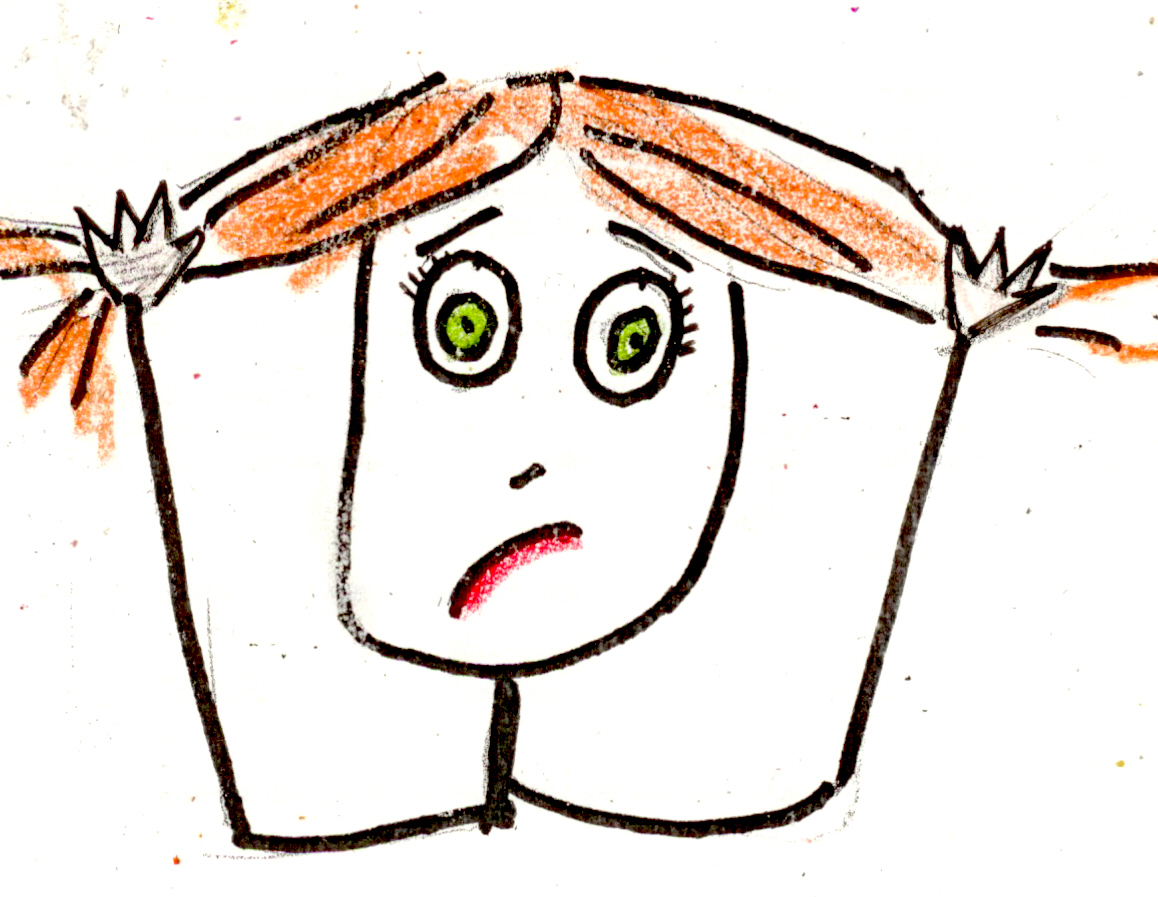
America’s Stress Epidemic and what to do about it.
Although opioids and measles are getting most of the attention, there is no denying that America is facing another devastating epidemic – STRESS. Unbelievably , by comparison, more people are being affected by stress related diseases than those who contracted AIDS. Here are some findings which expose this under-publicized problem:
— Opioid deaths are at an all-time high,
— Death by suicide is up 30% since 2000 and
— Alcohol related cirrhosis is increasing at an alarming rate.
This data makes it clear that something is terribly wrong in our land. These statistics are only a few of the indicators that reveal that America is more stressed out than it has been in 100 years. Besides these mortality figures, there are the alarming reports that 50 % of the population under 40 says that they aren’t having sex and don’t have a romantic partner. This all adds up to reveal how isolated and desperate so many folks in America are.
Fortunately, although it is impossible to eliminate stress from our lives, by developing a little self-awareness and using some simple stress-management techniques, most debilitating stress-reactions can be prevented. Here are some tips to help you recognize stress in your life and some suggestions for better ways to handle it.
Common symptoms of being stressed-out : To begin, being stressed out is a mental or emotional strain caused by adverse circumstances . It may manifest itself as physical and/or emotional symptoms such as:
- Chronic pain such as headaches or back pain.
- Fatigue and difficulties sleeping.
- Increase in Anxiety , Irritability and/or disturbances with familial or work relationships.
- Frequent illness which can be a sign of a suppressed immune system.
- Changes in your interest in sex, either more or less.
- Changes in appetite , either more or less.
- Other physical symptoms like skin disorders such as acme or eczema, excessive sweating or rapid heartbeat.
- Increased involvement in reckless, dangerous or illegal activities involving alcohol, recreational drugs, gambling, pornography, shopping, etc.
- Depression , including the loss of interest in fun activities, suicidal thoughts and, especially in men, increased irritability or angry outbursts.
Tips to help you cope with stress.
- Learn to Meditate.
- Express your distressed feelings in a Personal Journal.
- Begin a daily aerobic movement or exercise routine.
- Make time for leisure-time with your friends and family.
- Reconnect with the spiritual traditions of your faith.
- Get some counseling.
- Talk to your doctor about anti-anxiety medication.
Getting stressed out, from time to time, is an unavoidable aspect of modern urban living. However, when symptoms linger for more than a couple of weeks or when they begin to interfere with one’s personal happiness, interpersonal relationships or one’s ability to function at a high level at work, they must not be ignored.
Developing self-monitoring habits which regularly assess one’s own stress level and how adequate attention to self-care has been will provide increased mindfulness of how stressed one is. If you find that you are over-stressed, using the tips listed above, are good ways to cope and to keep yourself from becoming overwhelmed.
For more information, check out Dr. Sanjay Gupta’s HBO documentary: One Nation Under Stress.
Rev. Michael Heath, LMHC, Fellow AAPC 4 15 2019
Image attribution: Public domain



